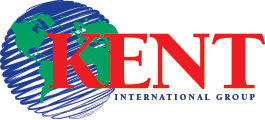
A Cost Effective Way to Expand Your Benefits Program
Employer’s can enhance employee benefit programs offerings by packaging supplemental insurance products. Employees select and pay for the insurance they feel they need most.
Offering supplemental insurance allows an employer to offer new coverage options, at no direct charge to the employer. It allows employees to pay for products through convenient payroll deduction. Employers enjoy tax savings and provide tax savings for employees through Section 125 Cafeteria plans.
Premium Only Plans (POP)
This plan allows employees to have certain benefit premiums taken out on a pre-tax basis thereby reducing both employer and employee taxes.
Flexible Spending Accounts (FSAs)
Employees can add dollars to reimbursement accounts on a pre-tax basis to assist with the cost of qualified expenses.
Medical Reimbursement Accounts
These accounts allow employees to fund out of pocket expenses not covered by health insurance plans with pre-tax dollars. These expenses include, but are not limited to, health plan co-pays, deductibles, prescription drug co-pays, dental and vision.
Dependent Care Reimbursement Accounts
This account allows working parents to allocate pre-tax funds to pay for day care expenses and/or after school expenses for children. Supplemental Insurance can include a wide variety of plans such as short-term disability, life, cancer, critical illness, accident and hospital confinement insurance.
